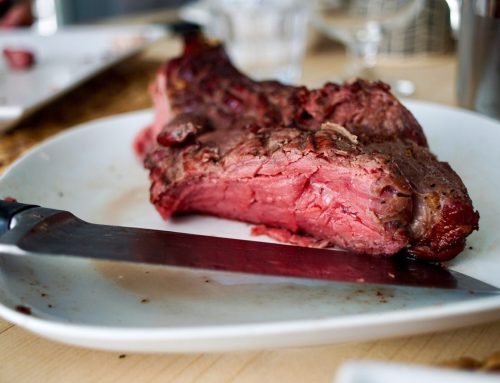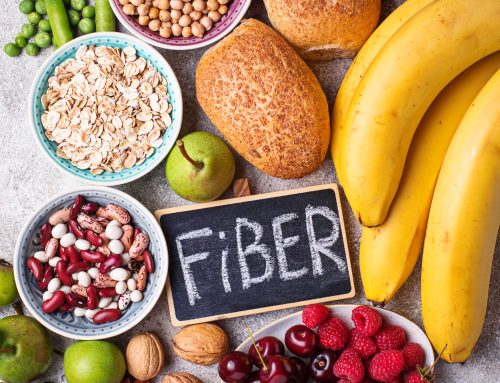What are the benefits of mindful eating? According to a new study, eating more slowly and chewing more before swallowing may be one of the keys to weight loss. We all want to find the secret to weight loss. Many of us cycle through many different calorie deprivation diets only to lose some weight and regain more.
Is there a different way to lose weight that will actually keep it from coming back? The key may be as simple as getting the benefits of mindful eating. Slow down the pace of your eating. Eliminate all distractions. Put your full attention on the food. Chew thoroughly. Put the fork down between bits.
New Study on the Weight Loss Benefits of Mindful Eating
When it comes to weight loss or maintenance, of course, what you eat is crucial, and some research suggests when you eat is important, too. But a new study in Scientific Reports suggests another big component of your eating habits can help: chewing food more slowly.
To determine the potential effects of slow chewing:
• Researchers asked 11 healthy, normal-weight men to go through three trials:
• (1) drinking liquid food normally every 30 seconds,
• (2) drinking liquid food but keeping it in their mouths for 30 seconds before swallowing, and
• (3) chewing food for 30 seconds before swallowing.
Results of Mindful Eating Research
• All three approaches resulted in the same level of fullness.
• But it was the slow chewing that turned out to be unique, because it increased what’s called diet-induced thermogenesis, or DIT.
• This refers to how much heat is generated in the body after eating and how it affects your metabolic rate.
• A low level of DIT tends to promote weight gain, while a high level has the opposite effect.
• Even though it might seem like a minor action, increased chewing among participants elevated their DIT and the researchers noted that the difference per meal or snack might be small, but the cumulative effect done every time you eat could be substantial.
Other Studies Have Reached Similar Results
Although the study has limitations based on its small sample size, it’s not the first to make the connection between slow eating and weight loss or maintenance.
• For example, a clinical trial published in the Journal of the Academy of Nutrition and Dietetics found that increasing the number of chews before swallowing reduced meal sizes in part because people ate for longer, and that led to eating less.
• Another study in Frontiers in Psychology suggests there may be a mental component as well. In that research, participants who paid more attention to chewing showed a change in their brain’s reward circuits, which led to less impulsive eating behaviors.
Another benefit to slow eating is becoming more mindful about what you’re eating, and simply enjoying the taste more, says New York-based dietitian Vanessa Rissetto, R.D., co-founder of Culina Health. She says it can feel overwhelming to try to eat every single bite with mindful attention, but like a meditation exercise, start with a modest attempt.
For example, try being mindful of your next three bites of food. As you work the strategy into your eating more often, you’re more likely to get to that other big question around food, which can help you improve your eating habits in order to achieve your weight loss goals.
“Are you eating because you’re actually hungry, or it because you’re bored, stressed, or tired?” says Rissetto. “Are you feeding into that habit loop where a sugary item makes you feel good, so you just grab one because you’re on autopilot? Understanding why you’re eating makes a big difference.”
With that much awareness, it can lead to healthier eating habits without feeling deprived along the way, she adds.
Click here to learn more about the benefits of mindful eating.







